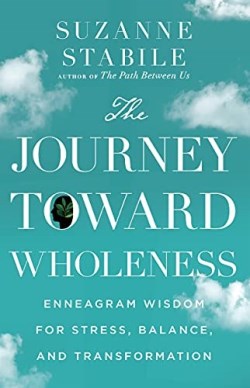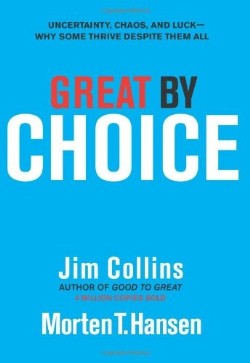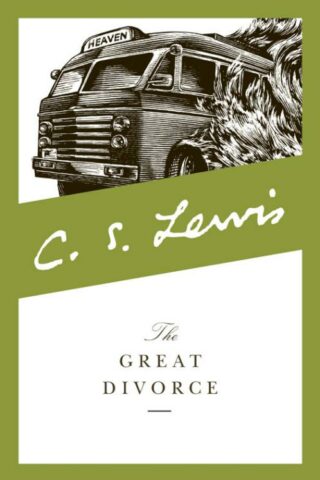Journey Toward Wholeness
$24.99
In everything from health care and politics to technology and economics, we are experiencing feelings of loss, anger, and anxiety.
In the Enneagram’s wisdom, our number determines how we respond. We automatically move to another number when we’re feeling stress and to yet another when we’re feeling secure. Such moves may help us feel better temporarily but don’t last. For those who want to dive deeper into Enneagram wisdom, expert teacher Suzanne Stabile opens the concept of three Centers of Intelligence: thinking, feeling, and doing. When we learn to manage these centers, each for its intended purpose, we open a path to reducing fear, improving relationships, growing spiritually, and finding wholeness. Drawing on the dynamic stability of the Enneagram, she explains each number’s preferred and repressed Center of Intelligence and its role in helping us move toward internal balance. Using brief focused chapters, this book provides what we need to deal with the constant change and complexity of our world to achieve lasting transformation in our lives.
in stock within 3-5 days of online purchase
SKU (ISBN): 9781514001165
ISBN10: 1514001160
Suzanne Stabile
Binding: Cloth Text
Published: November 2021
Publisher: InterVarsity Press
Related products
-
Great By Choice
$29.99Add to cartThe new question
Ten years after the worldwide bestseller Good to Great, Jim Collins returns with another groundbreaking work, this time to ask: Why do some companies thrive in uncertainty, even chaos, and others do not? Based on nine years of research, buttressed by rigorous analysis and infused with engaging stories, Collins and his colleague, Morten Hansen, enumerate the principles for building a truly great enterprise in unpredictable, tumultuous, and fast-moving times.The new study
Great by Choice distinguishes itself from Collins’s prior work by its focus not just on performance, but also on the type of unstable environments faced by leaders today.With a team of more than twenty researchers, Collins and Hansen studied companies that rose to greatness-beating their industry indexes by a minimum of ten times over fifteen years-in environments characterized by big forces and rapid shifts that leaders could not predict or control. The research team then contrasted these “10X companies” to a carefully selected set of comparison companies that failed to achieve greatness in similarly extreme environments.
The new findings
The study results were full of provocative surprises. Such as:The best leaders were not more risk taking, more visionary, and more creative than the comparisons; they were more disciplined, more empirical, and more paranoid.
Innovation by itself turns out not to be the trump card in a chaotic and uncertain world; more important is the ability to scale innovation, to blend creativity with discipline.
Following the belief that leading in a “fast world” always requires “fast decisions” and “fast action” is a good way to get killed.
The great companies changed less in reaction to a radically changing world than the comparison companies.
The authors challenge conventional wisdom with thought-provoking, sticky, and supremely practical concepts. They include: 10Xers; the 20 Mile March; Fire Bullets, Then Cannonballs; Leading above the Death Line; Zoom Out, Then Zoom In; and the SMaC Recipe.Finally, in the last chapter, Collins and Hansen present their most provocative and original analysis: defining, quantifying, and studying the role of luck. The great companies and the leaders who built them were not luckier than the comparisons, but they did get a higher Return on Luck.
This book is classic Collins: contrarian, data-driven, and uplifting. He and Hansen show convincingly that, even in a chaotic and uncer
-
Great Divorce
$17.99Add to cartC.S. Lewis takes us on a profound journey through both heaven and hell in this engaging allegorical tale. Using his extraordinary descriptive powers, Lewis introduces us to supernatural beings who will change the way we think about good and evil. In The Great Divorce C.S. Lewis again employs his formidable talent for fable and allegory. The writer, in a dream, finds himself in a bus which travels between Hell and Heaven. This is the starting point for an extraordinary meditation upon good and evil which takes issue with William Blake’s The Marriage of Heaven and Hell.






Reviews
There are no reviews yet.